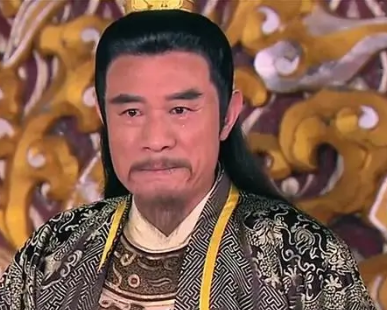Di Renjie, born in Taiyuan of the Tang Dynasty in 630 AD, came from a wealthy family and had been well-versed in books since childhood. He passed the Mingjing examination and was appointed as the assistant judge of Bianzhou. However, he soon fell victim to false accusations and was brought to court. Fortunately, Yan Liben, who presided over his case, discovered the truth and cleared his name. Yan Liben also recognized Di Renjie's virtues and talents and recommended him to serve as the legal official of Bingzhou Dudu Prefecture. This position became an important foundation for his political career.

Di Renjie was praised for his keen insight and exceptional ability in judging cases. During the Yifeng period of Emperor Gaozong of Tang, he was appointed as the deputy director of the Dali Temple. According to historical records, he cleared 17,800 backlogged cases within one year, and none of the defendants appealed for injustice. This achievement was remarkable, as it meant he had to correctly adjudicate an average of 49 cases per day. Although the historical records did not provide detailed descriptions of how he solved these cases, he must have had extensive experience in forensic investigation and case-solving to demonstrate such keen insight and ability to distinguish truth from falsehood.
Di Renjie resembled Wei Zheng in his unwavering commitment to justice and frankness. During the reign of Emperor Gaozong, General Quan Shancai of the Left Guard mistakenly cut down a cypress tree in the Zhaoling Mausoleum. Emperor Li Zhi considered this a gross disrespect and ordered his execution. However, Di Renjie believed that the crime was not severe enough to warrant the death penalty and argued for a trial according to the law.
Despite Emperor Li Zhi's anger, Di Renjie persisted in his view and ultimately persuaded the emperor to change his mind. Wang Benli, a close confidant of Emperor Li Zhi and a member of the Left Division, often acted recklessly, but Di Renjie ruthlessly exposed his crimes and demanded that the judicial department investigate him. Although Emperor Li Zhi wanted to protect Wang Benli, Di Renjie stood firm, and eventually, Wang Benli was convicted.
When Di Renjie served as the Neishi (director of the Zhongshu Province), Empress Wu Zetian, influenced by foreign monks, insisted on traveling to a remote place to witness the burial of a Buddhist relic. Di Renjie firmly knelt in front of her horse to stop her, stating that the emperor of the land could not worship foreign gods or venture into dangerous places. Although Empress Wu Zetian was stubborn and arrogant, she was eventually persuaded and turned back halfway.
Disclaimer: The above content is sourced from the internet and the copyright belongs to the original author. If there is any infringement of your original copyright, please inform us and we will delete the relevant content as soon as possible.































